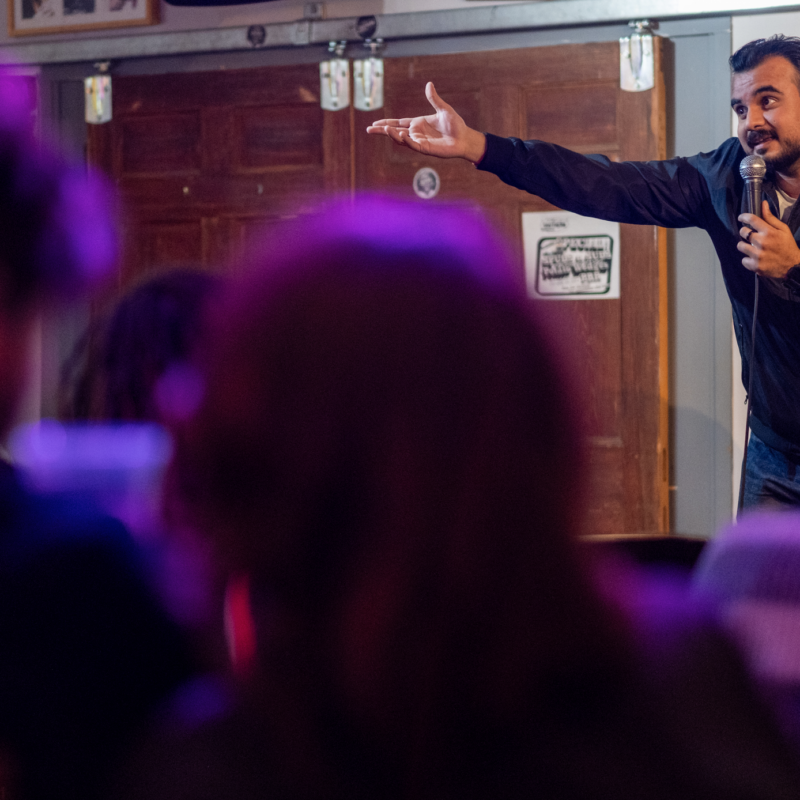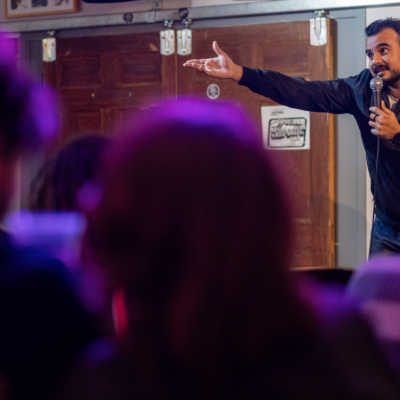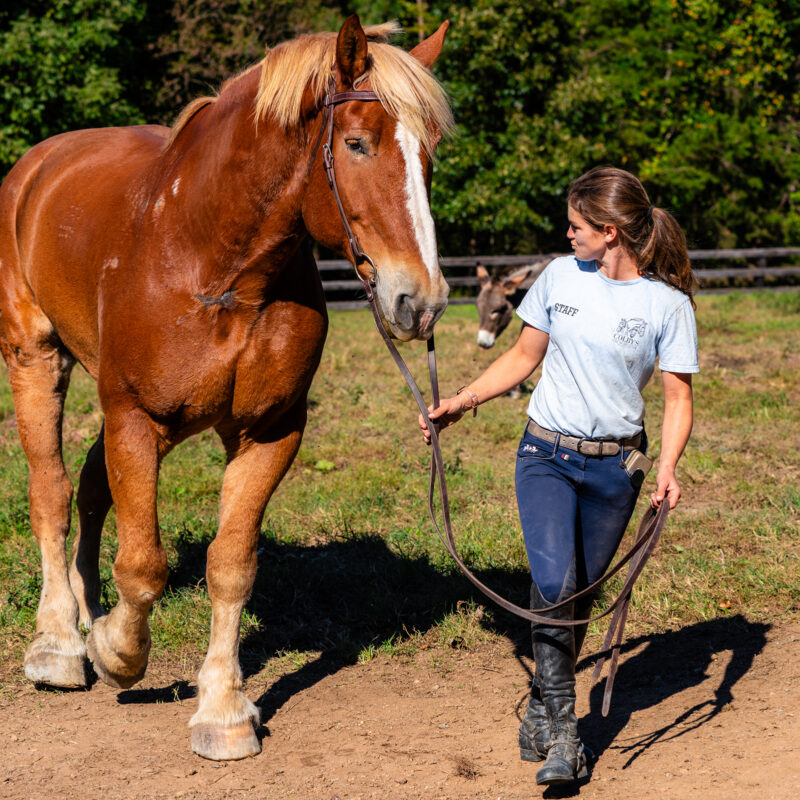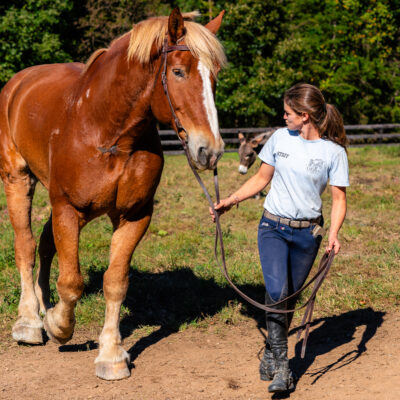Imagine a world without carnivals—no spinning cup rides. No funnel cake. No stuffed animal prizes. Hot on the heels of two documentaries about Charlottesville, a pair of local filmmakers, Miguel Martinez and Jamie Sisley, turns the camera on another place entirely: Tlapacoyan, Veracruz, a struggling Mexican city of 78,000 that provides 30 percent of carnival labor in the U.S.
C-VILLE reported last month that the duo’s doc-in-progress, Farewell, Ferris Wheel, had been accepted to the Tribeca Film Festival, the prestigious New York event founded by Robert DeNiro. Sisley and Martinez left Tribeca with a Creative Promise award that’s shifted the two-year-old project into high gear. When I spoke with Sisley last week, he said he’d been fielding calls about the film since the award was announced. He seemed pleased, if a little overwhelmed: With 20 percent of the shooting completed, at most, according to Sisley, the bar is set high.
“I think immigration is going to be the new health care,” says Sisley. “We’re hedging our bets.” The project began when Sisley read a newspaper article in the Brownsville Herald, a Texas newspaper, about the effect of immigration policy on Tlapacoyan. Since carnival companies began recruiting in the Mexican city in the 1970s, many of the residents had come to rely on H-2B visas, which allow unskilled laborers to work in the U.S. for six to nine months.
Now, Martinez says, the U.S. has effectively cut the amount of available H-2B visas in half. That spells trouble for both sides of the border. Carnival work is the only work the residents of Tlapacoyan know how to do, and American carnival owners can’t find American workers who are willing to work six days a week for low carnival wages. (Eighty percent of carnival workers are foreign, says Martinez.) “The carnival industry is fading away, not because people don’t go to the carnivals. It’s because American workers don’t want to work in these carnivals,” Martinez says. “Nobody wants to be a carny.”
“We’re showing through this visually arresting American symbol how difficult it is to legally navigate these immigration systems,” Sisley says. “Everyone has something to lose.”
Farewell, Ferris Wheel’s emphasis on immigration is personal for Martinez, a recording engineer and music video director who moved to the U.S. from Mexico at the age of 10. “We thought it was the perfect way to frame immigration,” he says. “The workers are trying to survive, they’re trying to give their families the proper way of life and health, trying to put clothes on their backs.” Sisley says that Martinez is also a longtime local champion of Latino rights and culture. (He founded one of the first bilingual radio programs in the region, WTJU’s “Danza Latina.”) The two met when Martinez approached Sisley, who works for Red Light Management, about reaching out to Latino artists.
Martinez says that between American carnivals and the Mexican countryside, the documentary is something of a feast for the eyes. And like any good carnival, Martinez says the attention the film has been receiving is “a little surreal.”
Third time’s a charm
The rumor mill was in overdrive last week: Is the old Starr Hill space (more recently, iS Venue) hosting tunes again? Yes and no. The space is being rented by Derrick Jones, a local youth counselor, who’s branded the space the Vizion Center—the V-Spot, colloquially—and plans to rent it as a banquet hall. There will, however, be hip-hop showcases in the room every two weeks that are open to the public. Read more on the Feedback blog.





